Summary of day 14 (Friday, April 6) of 2nd Halandri Case trial
The session’s first testimony came from the Alter TV network
phone operator who received the warning call about the explosive device
left in front of former Interior Vice-Minister Panayiotis Hinofotis’
apartment, but the witness had nothing of note to say.
Next to take the stand was a Filipina immigrant who worked as Gerasimos Arsenis and Louka Katseli’s maid. She said that at around noon on the day in question she had taken the elevator up to the apartment while bringing back the shopping. The prosecutor reminded her that her employer Arsenis already testified that the elevator was broken, and he continued his questioning of the witness in similar fashion: on one hand trying at all costs to conform the woman’s testimony to Arsenis’, and on the other simply trying to scare her.
Defense attorney Ifigenia Karandrea also tried to question the same witness, but the judges kept interrupting. Karandrea then reminded the presiding judge about the defense’s requests to subpoena certain witnesses, especially former Antiterrorist Unit chief D. Horianopoulos. The judges indicated that Horianopoulos sent a fax to the court in which he stated that he would decide whether to respond to the subpoena within the next 15 days. One of the judges also said: “We don’t even have his address, so perhaps the defense would be able to look it up.”
The defendants then spoke. They said that holding two trial sessions per week is not possible because two of their attorneys are court-appointed, poorly paid, and obligated to work on many different cases at once. They also posed the following (quite rhetorical) question: why are defendants’ family members and people who have nothing substantial to contribute being subpoenaed to testify, while key witnesses like police officials and their political superiors remain absent?
The trial was adjourned to Friday, April 20.
http://thisisourjob.noblogs.org/post/2012/04/18/summary-of-day-14-friday-april-6-of-2nd-halandri-case-trial/
Next to take the stand was a Filipina immigrant who worked as Gerasimos Arsenis and Louka Katseli’s maid. She said that at around noon on the day in question she had taken the elevator up to the apartment while bringing back the shopping. The prosecutor reminded her that her employer Arsenis already testified that the elevator was broken, and he continued his questioning of the witness in similar fashion: on one hand trying at all costs to conform the woman’s testimony to Arsenis’, and on the other simply trying to scare her.
Defense attorney Ifigenia Karandrea also tried to question the same witness, but the judges kept interrupting. Karandrea then reminded the presiding judge about the defense’s requests to subpoena certain witnesses, especially former Antiterrorist Unit chief D. Horianopoulos. The judges indicated that Horianopoulos sent a fax to the court in which he stated that he would decide whether to respond to the subpoena within the next 15 days. One of the judges also said: “We don’t even have his address, so perhaps the defense would be able to look it up.”
The defendants then spoke. They said that holding two trial sessions per week is not possible because two of their attorneys are court-appointed, poorly paid, and obligated to work on many different cases at once. They also posed the following (quite rhetorical) question: why are defendants’ family members and people who have nothing substantial to contribute being subpoenaed to testify, while key witnesses like police officials and their political superiors remain absent?
The trial was adjourned to Friday, April 20.
http://thisisourjob.noblogs.org/post/2012/04/18/summary-of-day-14-friday-april-6-of-2nd-halandri-case-trial/
Summary of day 15 (Friday, April 20) of 2nd Halandri Case trial
In the context of the various hunger strikes begun by different
members of the Fire Cells Conspiracy and other combative prisoners in
Greece, the session began with statements regarding those hunger
strikes—one read by Michalis Nikolopoulos and the other read by Christos
Tsakalos and Damiano Bolano.
After the two statements were read, the presiding judge called for a 15-minute recess so that defense attorney Frangiskos Ragousis could find out “if the Ministry has perhaps already made a decision concerning the transfer demands.” Since the Justice Ministry had obviously done nothing, the presiding judge said: “I can allow the trial to be postponed for a week due to health reasons, and by doing so I am exhausting all the limits of clemency.”
Defense attorney Ifigenia Karandrea then stated that she had found the address of former Antiterrorist Unit chief D. Horianopoulos, whom the defense had asked to be subpoenaed to testify. You’ll recall that during the previous session the judges said they were incapable of serving Horianopoulos with a subpoena since they didn’t have his address, and they insolently told the defense attorneys to look for the address themselves. Now the presiding judge had the nerve to question if the address obtained by Karandrea was correct. Ragousis reminded the judges that—according to the law—it is their duty to subpoena witnesses and, if said witnesses refuse to appear, order their arrest.
Ragousis then handed the judges a letter from Athina Tsakalos, the mother of brothers Christos and Gerasimos Tsakalos. She herself was present in the courtroom but she refused to testify. The letter wasn’t read in court, and the presiding judge simply announced that “it will be added to the transcript.” The complete letter is as follows:
http://thisisourjob.noblogs.org/post/2012/04/30/summary-of-day-15-friday-april-20-of-2nd-halandri-case-trial/
After the two statements were read, the presiding judge called for a 15-minute recess so that defense attorney Frangiskos Ragousis could find out “if the Ministry has perhaps already made a decision concerning the transfer demands.” Since the Justice Ministry had obviously done nothing, the presiding judge said: “I can allow the trial to be postponed for a week due to health reasons, and by doing so I am exhausting all the limits of clemency.”
Defense attorney Ifigenia Karandrea then stated that she had found the address of former Antiterrorist Unit chief D. Horianopoulos, whom the defense had asked to be subpoenaed to testify. You’ll recall that during the previous session the judges said they were incapable of serving Horianopoulos with a subpoena since they didn’t have his address, and they insolently told the defense attorneys to look for the address themselves. Now the presiding judge had the nerve to question if the address obtained by Karandrea was correct. Ragousis reminded the judges that—according to the law—it is their duty to subpoena witnesses and, if said witnesses refuse to appear, order their arrest.
Ragousis then handed the judges a letter from Athina Tsakalos, the mother of brothers Christos and Gerasimos Tsakalos. She herself was present in the courtroom but she refused to testify. The letter wasn’t read in court, and the presiding judge simply announced that “it will be added to the transcript.” The complete letter is as follows:
TO THE COURTThe trial was adjourned to Friday, April 27.
Every act of rebellion expresses a nostalgia for innocence and an appeal to the essence of being.
—Albert Camus
I am asking myself: why are parents of the revolutionary anarchists of the Fire Cells Conspiracy being subpoenaed to trial? Why are they subpoenaing me? Are they doing it in order to ask me if I know something about the organization? To ask me questions about the personal lives of my sons, sketch out their “psychological profile,” or get an opinion on their “family life”? Or to ask me if I agree with the actions of my sons and, in general, those of the organization? To stand me up in front of this court, supported by that little book, and make me swear to that god you have placed in the service of power? To make revolutionary anarchists feel uncomfortable while their parents are asked a bunch of awkward questions? Or is it so that you yourselves can rejoice at the thought that you have made us believe that it is we who must give the answers and make an apologia?
I declare, once again, that in no instance am I going to respond positively to your invitation. And since, as demonstrated by everything that’s going on, an entire series of similar trials is set to begin, I tell you that it’s not worth the effort to send me more subpoenas because my position will continue to be the same. Under no circumstances am I going to attend this trial. I will not answer a single one of your questions. The actions of my sons and their comrades was and is clearly political, revolutionary, and anarchist, and it is therefore unnecessary to investigate the parameters of their private lives. The organization, membership to which they have admitted, has formulated its positions with total clarity, precision, and courage. Anything I could say would be slight and insignificant. And since I would like to leave certain things as clear and potent as they already are, and because I don’t want to give anyone the satisfaction of ruining everything with stupid, excessive questions, I am choosing the position of absence.
Referring myself to this trial, I don’t want to allow a certain phrase—one that is continually repeated with great zeal and emphasis—to hang in the air as a potential display of temerity and honesty. I’m talking about the phrase: “We are trying the case by examining it in depth.” Which means that, as you say, you are trying the case in accordance with nothing less than the clauses of your laws. Which means that you will pass judgment based on evidence, and not on the circumstantially conclusive or according to the logic of collective responsibility. And if I am mentioning that phrase it’s not because I suddenly expect miracles, but because at a certain moment—and especially in cases dealing with the revolutionary actions of certain people—words must take on importance and responsibility. Despite the fact that, thus far, this judicial process has indicated nothing of the kind. Every objection based on common logic, like that of recognizing the prisoners as political (exactly as defined by your Constitution and in exactly the same way it’s also mentioned in the charges), was rejected out of hand, without any logic. The concept of assuming political responsibility has been mistaken for criminal responsibility, and that’s obviously not due to ignorance or chance. Therefore, I underscore that phrase and at the end of the trial we will be able to see whether you are indeed serious about what you are saying.
It’s true that, since the beginning of the criminal prosecution of these revolutionary anarchist contemporaries, I have discovered and paid particular attention to a painting: Bruegel’s painting entitled Landscape with the Fall of Icarus. The fall of Icarus has to do with the desire of human beings to escape Earth’s grip. To fly. To also be sovereign in the air, as well as to walk on air.
It is about pride, arrogance, disobedience, and the desire to show that human beings are capable of doing anything. And now comes the painter, and in the foreground he places the farmer. Dedicated to cultivating the land, nothing else matters to him. And in the background the shepherd, a bit more curious, but he is also looking in the wrong direction. Even further in the background is the impressive boat continuing its journey, and there in the corner is the drowned Icarus’ poor little foot. I never before saw the glory of Icarus’ project treated in such a way, and perhaps that’s no coincidence. I don’t know what the painter’s philosophy was, but perhaps the meaning is that people today are too fixed in their ways for bold experiments, too afraid of change, not daring enough to recognize or try something new.
Looking at the painting, I don’t accept its treatment of that glory. Especially now, when in our country they judge people who still have the audacity to believe that if anything in this life is worth doing it is the projects of Icarus, no matter how much pain they may hold, how much imprisonment and sentencing they may impose. I want to maintain the hope and belief that at some point the people involved in today’s rebellions will be placed in the foreground, recognizing the urgency of flight.
—Athina Tsakalos
P.S. And if I am sending this note it is because the court’s insistence on my appearance there is very personal, and above all because I do not allow myself silence. Silence only corresponds to the dead, and in our times it is being applied during these trials by those who are completely subjugated to the orders of power.
And if you truly want to understand the people who are being judged, read their discourse and look at their attitude. Christos Tsakalos, Gerasimos Tsakalos, and Panayiotis Argyrou are on day 12 of a hunger strike, yet they declare: “The tigers of wrath are wiser than the horses of instruction” (William Blake) and “When one doesn’t die for another, we are already dead” (Tassos Livaditis).
On April 17 they began a hunger strike in support of their comrades Giorgos Polydoras, Damiano Bolano, and Haris Hatzimichelakis, while the other members of the imprisoned cell of the Fire Cells Conspiracy will follow suit at certain dates.
http://thisisourjob.noblogs.org/post/2012/04/30/summary-of-day-15-friday-april-20-of-2nd-halandri-case-trial/
Summary of day 16 (Friday, April 27) of 2nd Halandri Case trial
Only one of the defendants, Michalis Nikolopoulos, appeared in
the courtroom, as he is the only one who still isn’t on hunger strike.
The presiding judge first read the statements of the three hunger striking defendants (Damiano Bolano, Giorgos Nikolopoulos, and Christos Tsakalos), in which they explained that they weren’t going to attend the trial and they asked for a postponement of the judicial proceedings. Defense attorney Frangiskos Ragousis then also requested a brief postponement. Presiding judge H. Vriniotis became furious, repeating again and again that “the trial can continue even if the defendants are absent,” etc.
Comrade Michalis Nikolopoulos then spoke, on the one hand requesting a postponement of the trial and on the other threatening Vriniotis by saying: “Don’t even think about continuing this trial without the presence of my three comrades.”
Prosecutor Liakopoulos had no objections and proposed that the trial be postponed. The next session is scheduled for May 11.
http://thisisourjob.noblogs.org/post/2012/04/30/summary-of-day-16-friday-april-27-of-2nd-halandri-case-trial/
The presiding judge first read the statements of the three hunger striking defendants (Damiano Bolano, Giorgos Nikolopoulos, and Christos Tsakalos), in which they explained that they weren’t going to attend the trial and they asked for a postponement of the judicial proceedings. Defense attorney Frangiskos Ragousis then also requested a brief postponement. Presiding judge H. Vriniotis became furious, repeating again and again that “the trial can continue even if the defendants are absent,” etc.
Comrade Michalis Nikolopoulos then spoke, on the one hand requesting a postponement of the trial and on the other threatening Vriniotis by saying: “Don’t even think about continuing this trial without the presence of my three comrades.”
Prosecutor Liakopoulos had no objections and proposed that the trial be postponed. The next session is scheduled for May 11.
http://thisisourjob.noblogs.org/post/2012/04/30/summary-of-day-16-friday-april-27-of-2nd-halandri-case-trial/

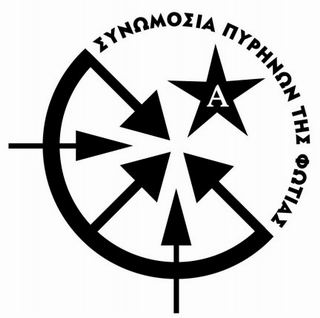

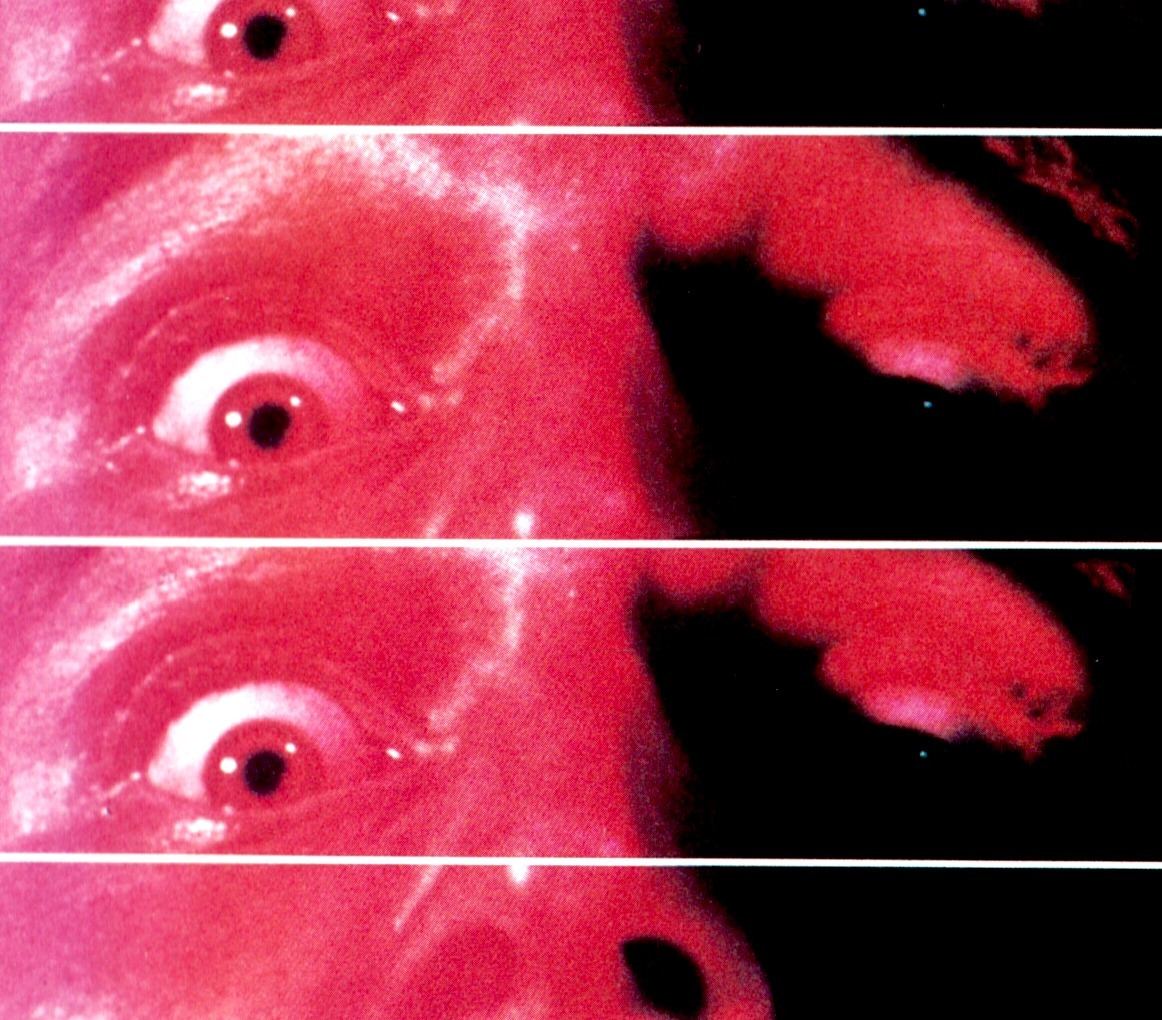
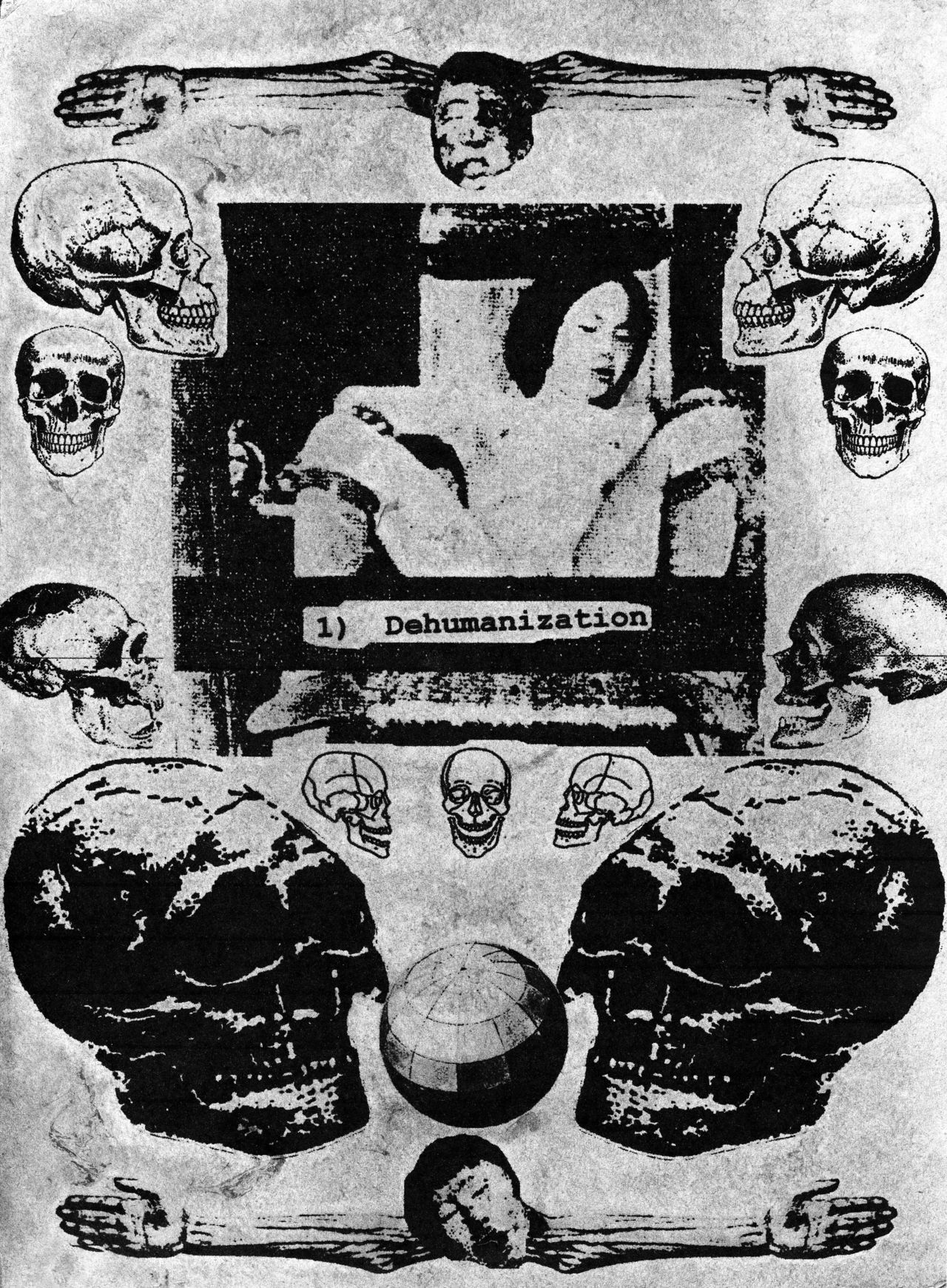



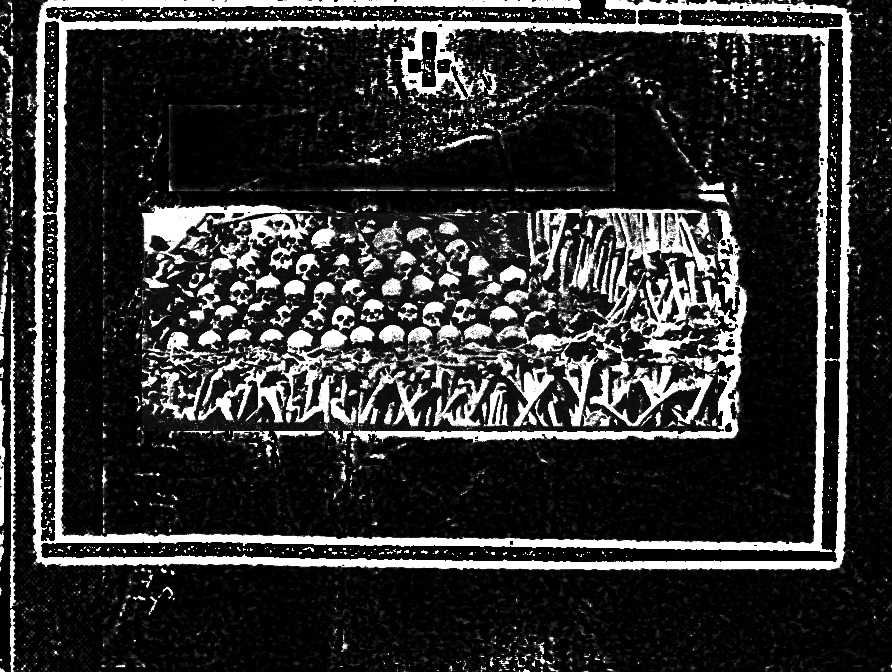
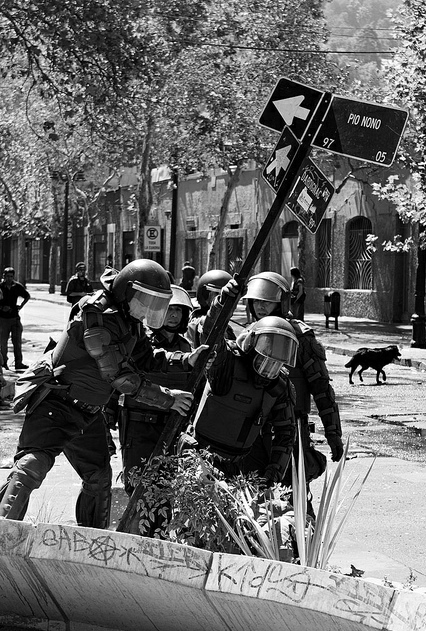
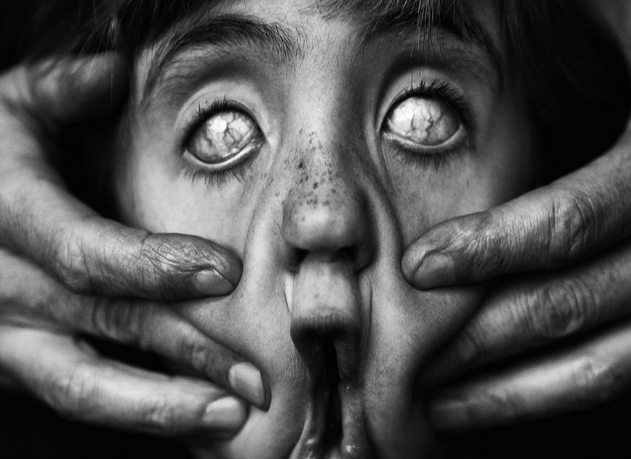


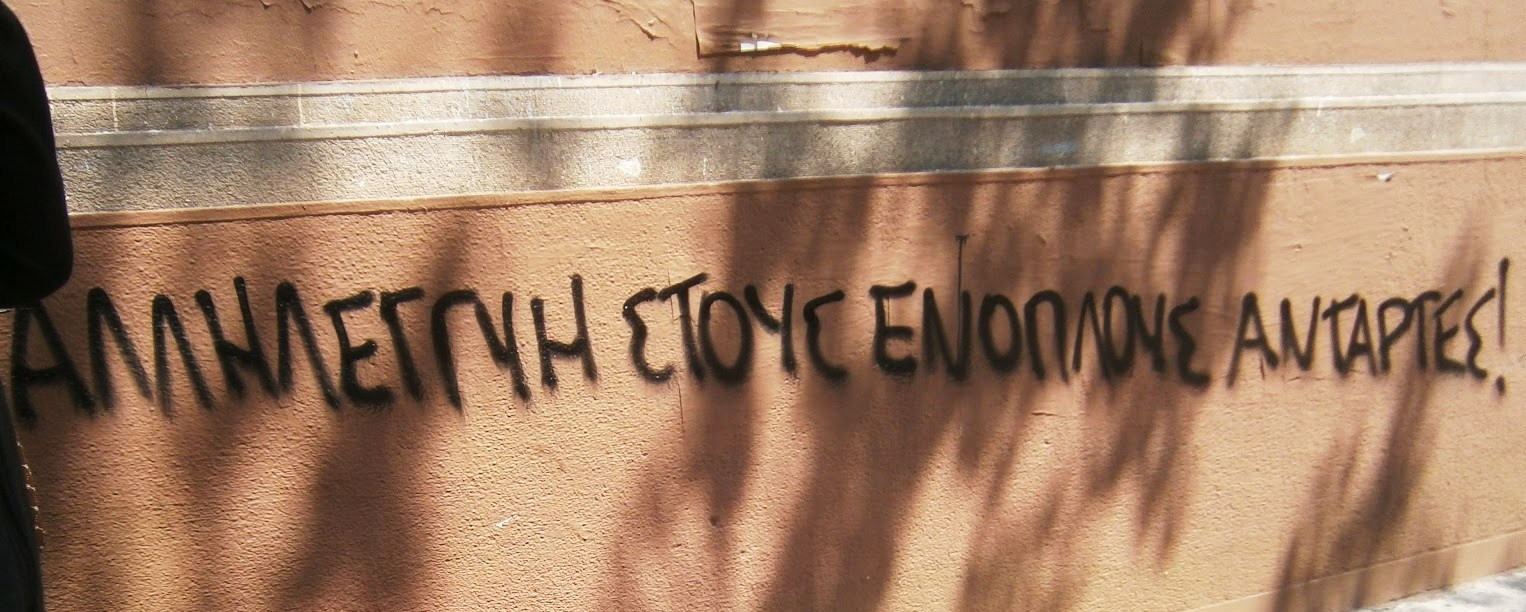

![Eurorepressione - Sulla conferenza a Den Haag sul tema "Anarchia" [corretto]](http://25.media.tumblr.com/tumblr_m0jvngOXtY1qa2163o1_1280.jpg)
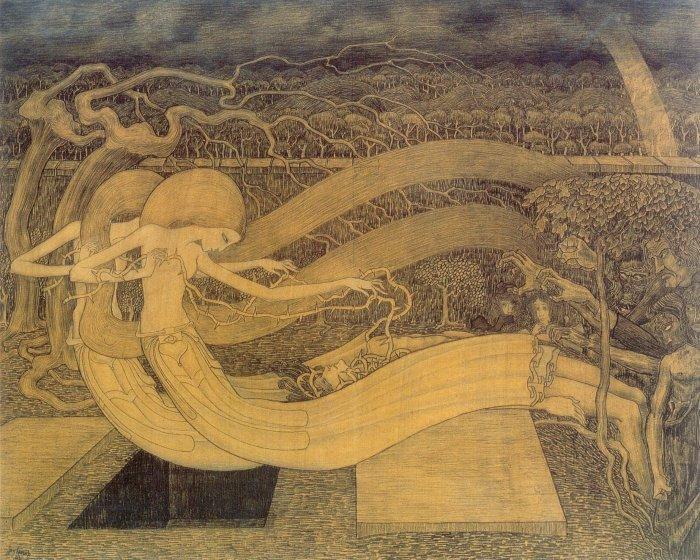
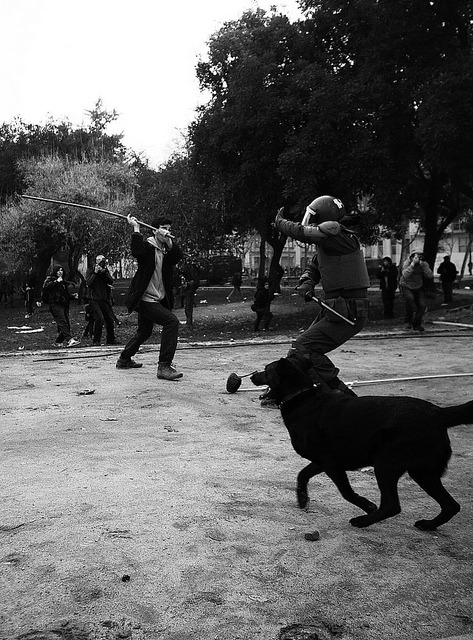
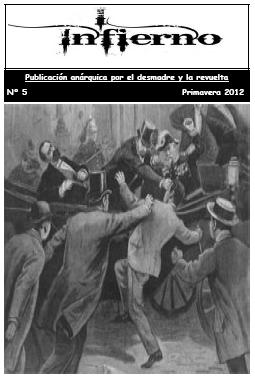
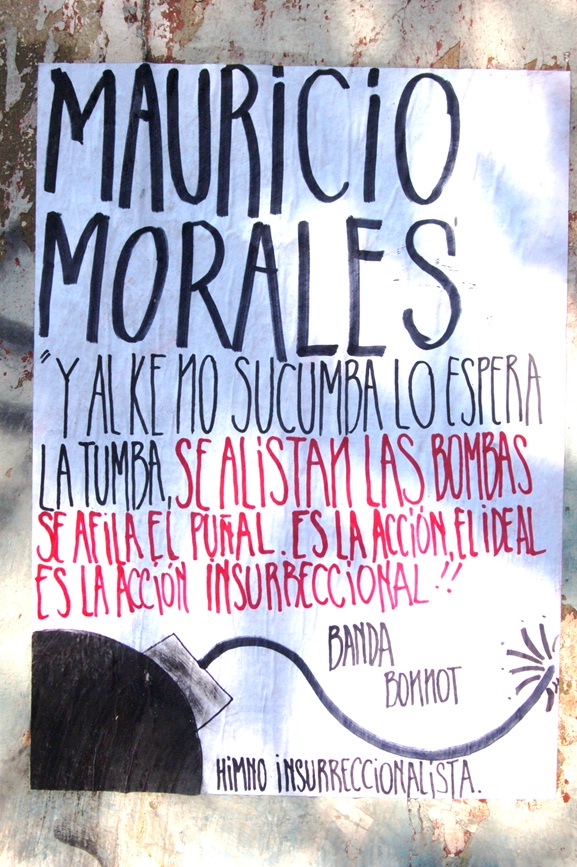
![A tres años de la Partida de Mauricio Morales: De la Memoria a la Calle [Stgo.]](http://metiendoruido.com/wp-content/uploads/2012/05/mmacividad.jpg)
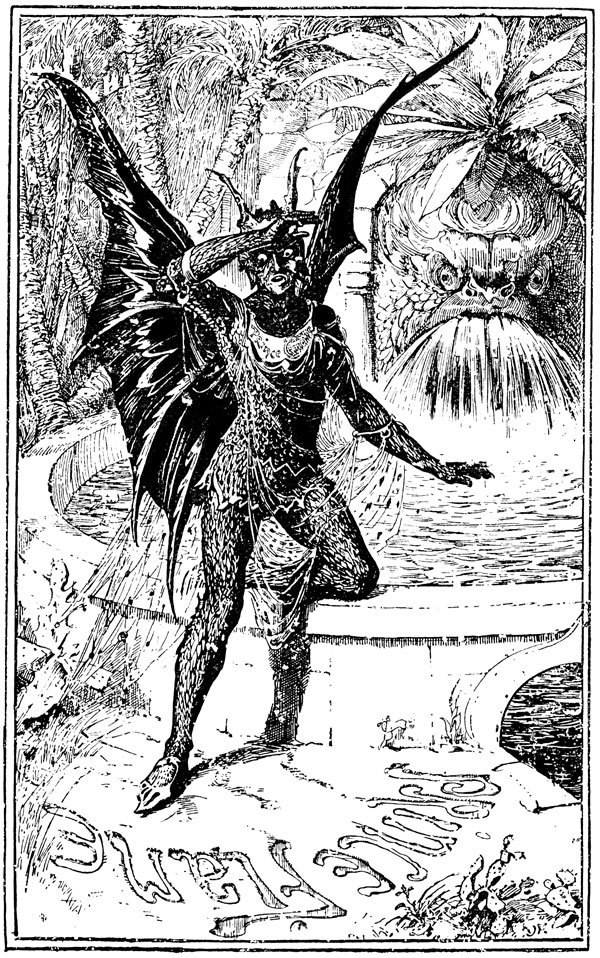
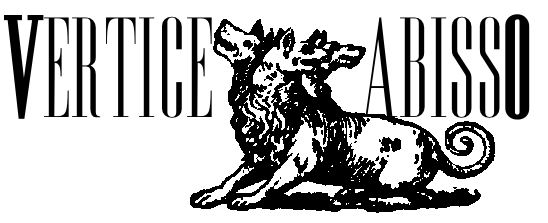



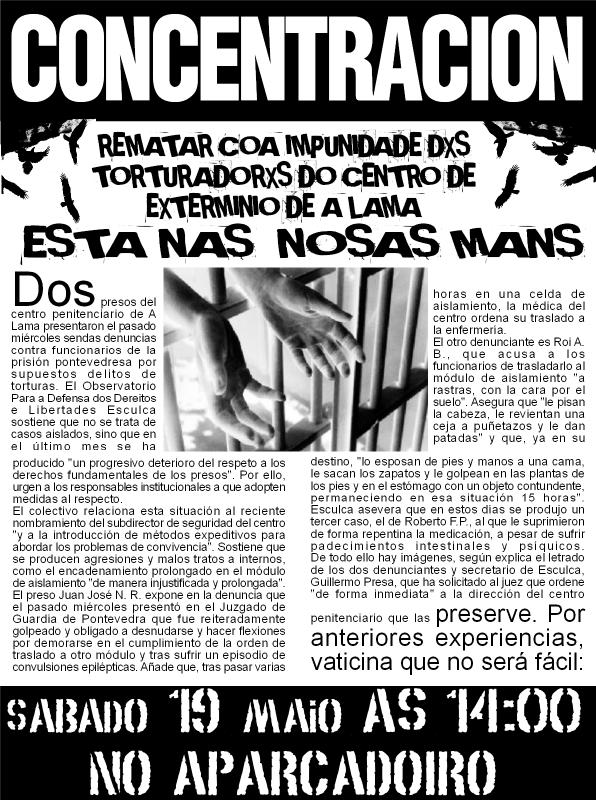

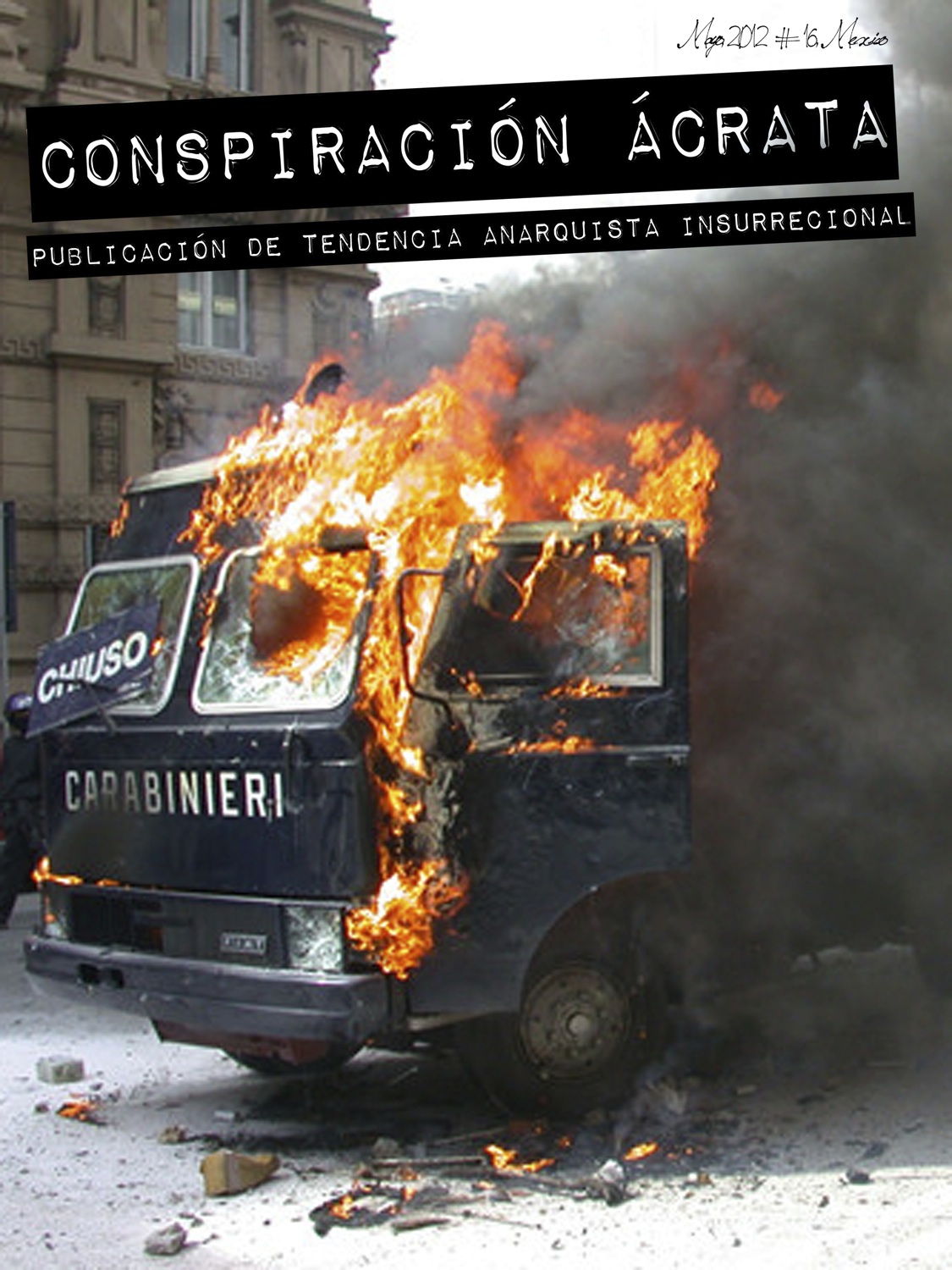

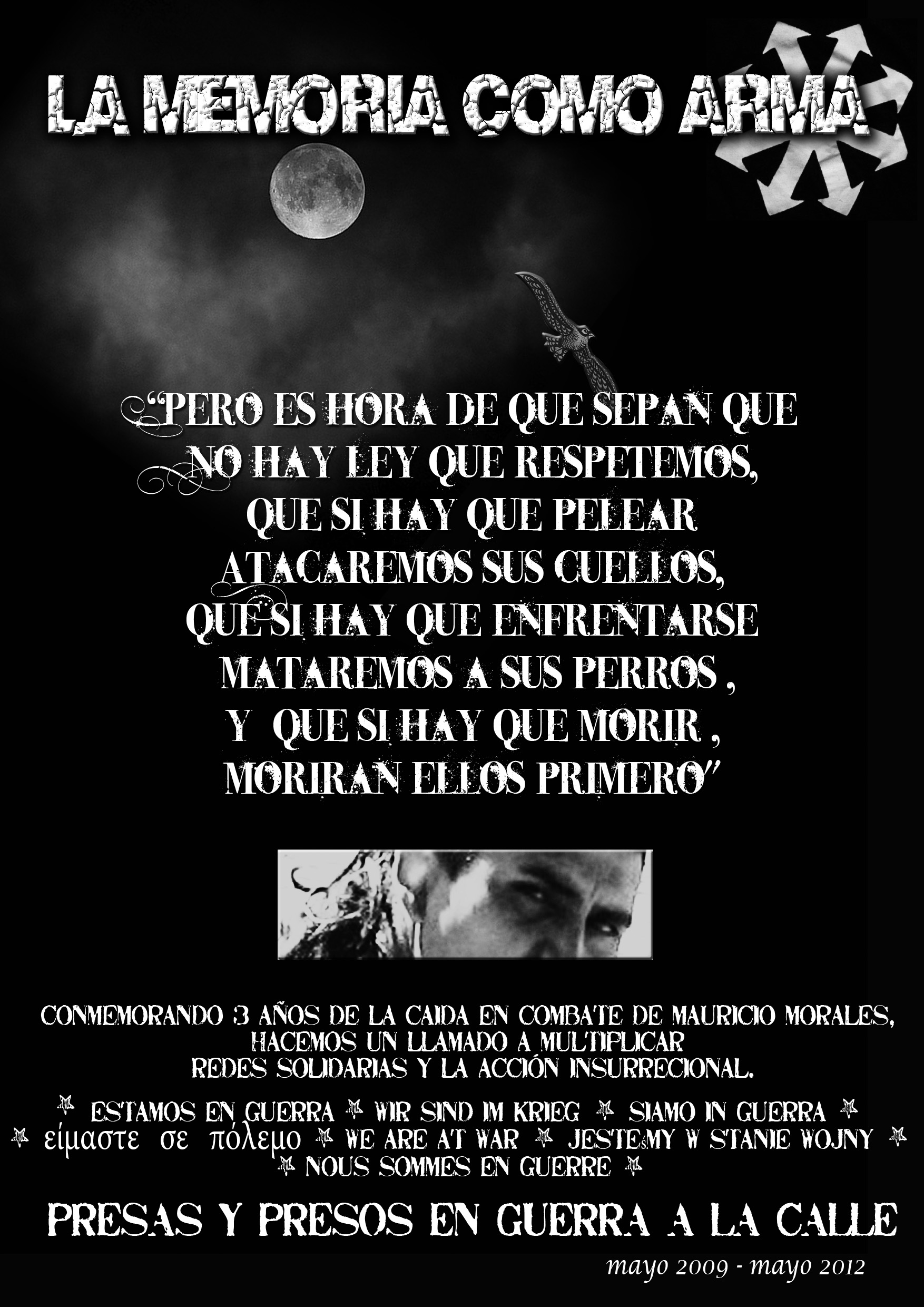
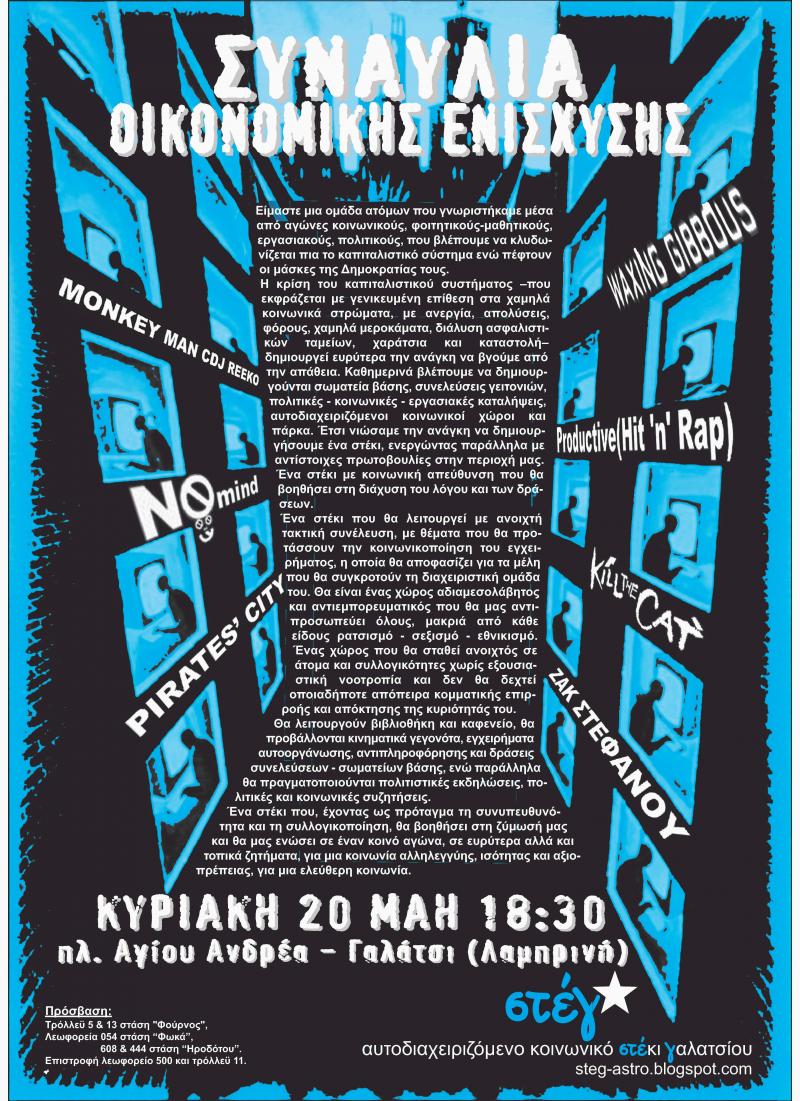








Nessun commento:
Posta un commento